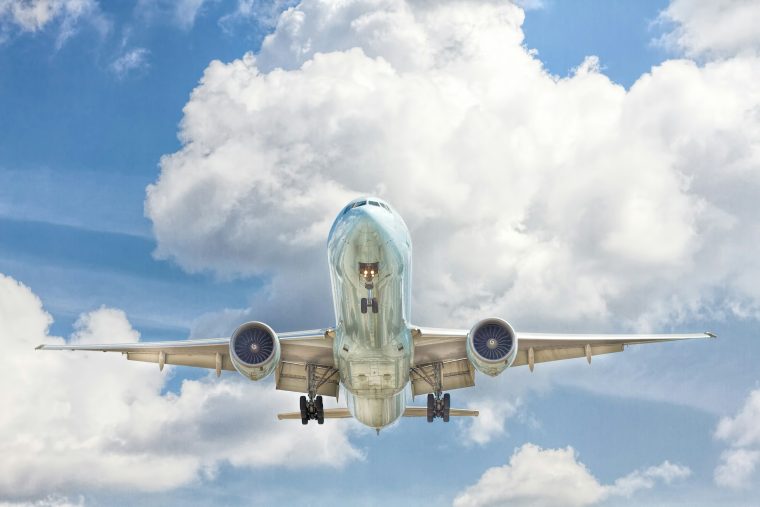Traveling across multiple time zones can be exciting, but it often comes with one major downside—jet lag. This common issue occurs when your body’s internal clock, or circadian rhythm, is disrupted due to rapid travel across different time zones. As a result, you might experience fatigue, difficulty concentrating, irritability, and even digestive issues. However, jet lag doesn’t have to ruin your travel experience. With the right strategies, you can minimize its effects and make the most of your trip. This guide will walk you through practical tips to avoid jet lag and enjoy your travels fully rested.
Understanding Jet Lag
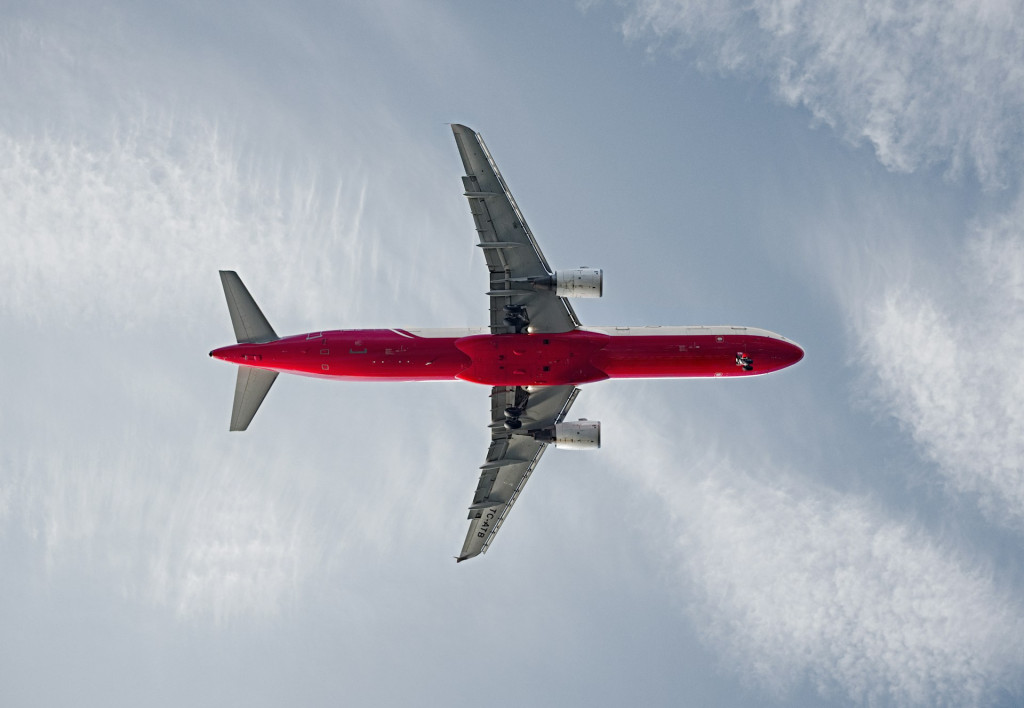
Photo by Efe Kurnaz on Unsplash
Jet lag happens when your body’s natural rhythms are out of sync with the local time at your destination. For instance, if you fly from New York to London, your body might still think it’s on Eastern Time, even though London operates five hours ahead. This misalignment can cause symptoms like daytime fatigue, insomnia at night, headaches, and even mood swings. The severity of jet lag depends on several factors, including the number of time zones crossed, your age, and your overall health. Fortunately, with proper planning and adjustment, you can reduce the impact of jet lag on your body.
Adjusting Your Schedule Before You Travel
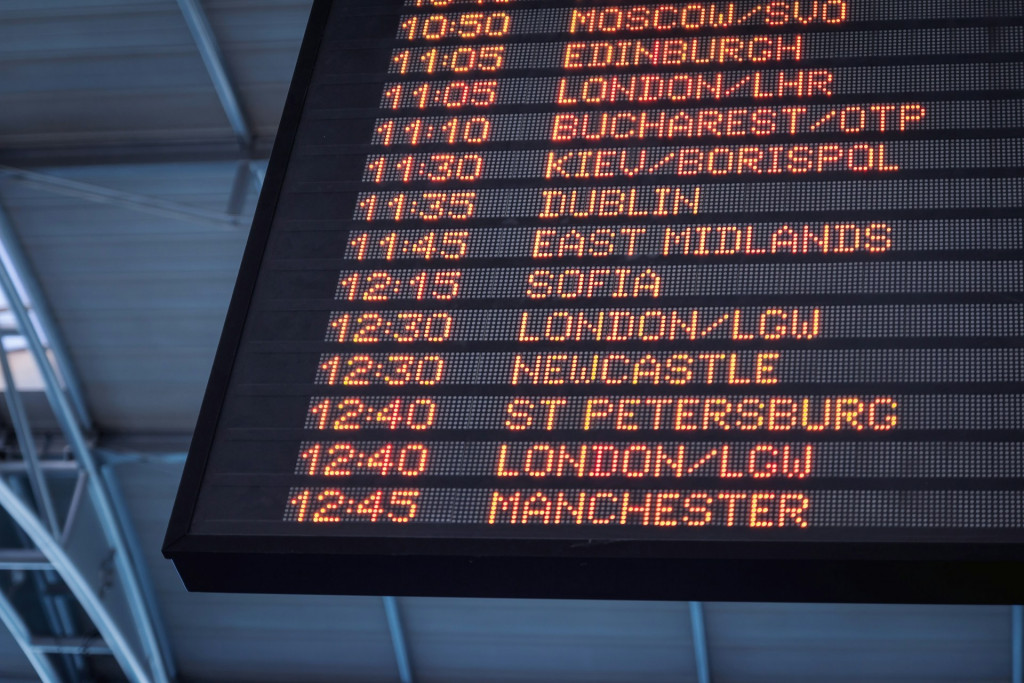
Photo by JESHOOTS.COM on Unsplash
One of the best ways to combat jet lag is by preparing your body before you even board the plane. If you know you’ll be crossing multiple time zones, start adjusting your sleep schedule a few days before departure. Gradually shift your bedtime and wake-up time closer to the time zone of your destination. For example, if you’re flying east, try going to bed and waking up an hour earlier each day. Conversely, if you’re traveling west, shift your schedule later. This small adjustment can help your body adapt more quickly once you arrive.
Hydrate and Eat Wisely

Staying hydrated is essential during air travel, especially when trying to avoid jet lag. The dry air in airplane cabins can quickly lead to dehydration, which can exacerbate the symptoms of jet lag. Make it a point to drink plenty of water before, during, and after your flight. Avoid excessive caffeine and alcohol, as both can dehydrate you and disrupt your sleep cycle.
You might like: Exploring the Best Food Market Around the World
Manage Your Sleep on the Plane
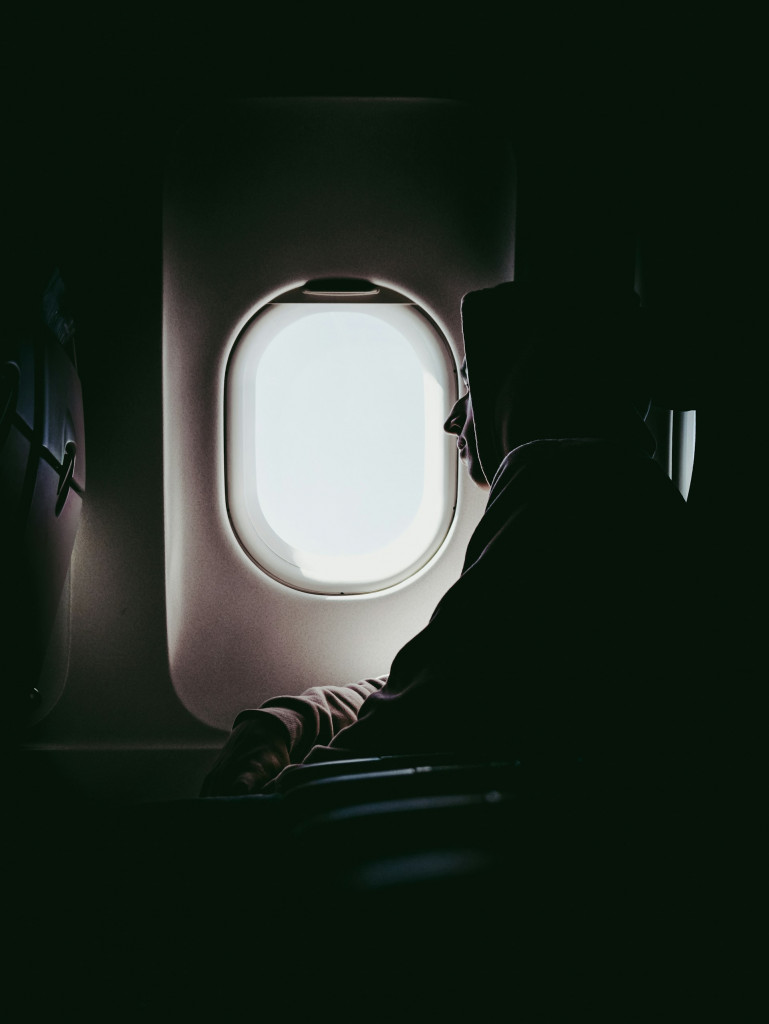
Photo by Kevin Andre on Unsplash
How you manage your sleep during the flight can have a big impact on your jet lag. For shorter flights, especially those going east, it’s important to get some rest if you’ll be arriving in the morning. Bring an eye mask, noise-canceling headphones, or earplugs to create a restful environment. Recline your seat as much as possible, and try to fall asleep even if it’s not your usual bedtime.
Sync with the Local Time Upon Arrival
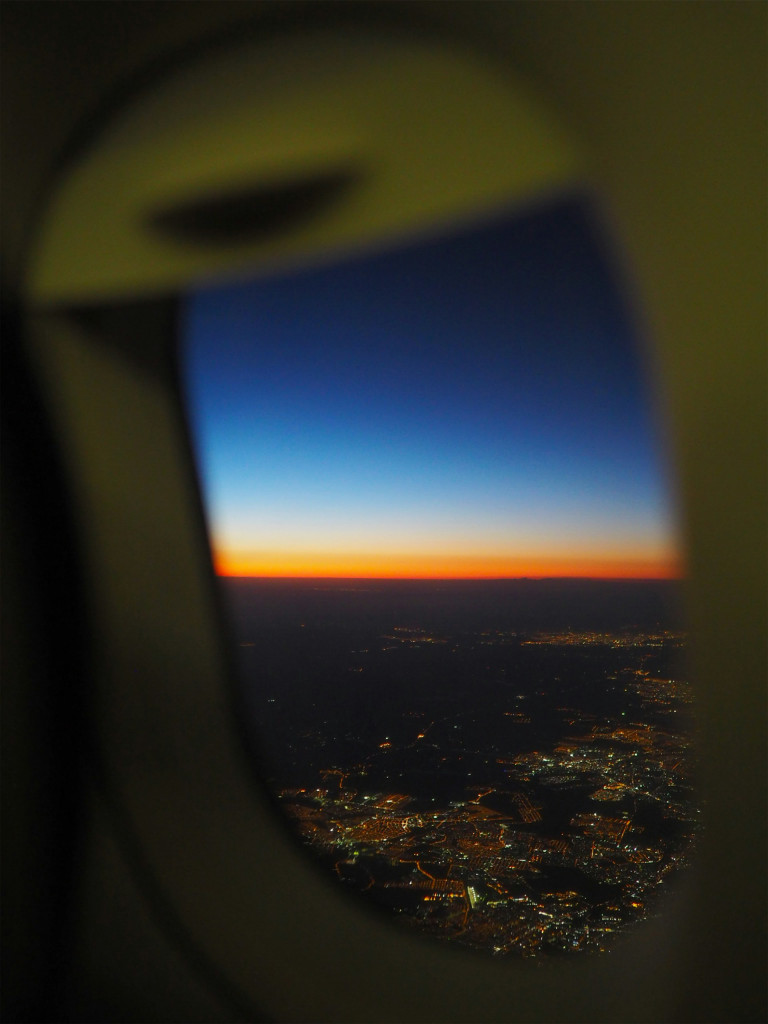
Photo by Cassiano Barletta on Unsplash
Once you land, syncing your daily activities to the local time is crucial to minimizing jet lag. Try to stay awake until the local bedtime, even if you’re tired from the flight. Spend time outdoors, as exposure to natural light can help reset your internal clock. Sunlight is the most powerful signal for your circadian rhythm, so if it’s daytime at your destination, make sure to get outside and enjoy the fresh air.
If you arrive in the morning or early afternoon, avoid taking long naps. Short naps (no more than 20-30 minutes) are okay, but anything longer might interfere with your ability to sleep at night. If you’re really struggling to stay awake, caffeine can be helpful, but use it in moderation to avoid overstimulation.
Use Natural Remedies and Supplements
Many travelers turn to natural remedies and supplements to reduce jet lag symptoms. One of the most popular options is melatonin, a hormone that regulates sleep-wake cycles. Taking melatonin supplements an hour or two before bedtime can help your body adjust to the new time zone. However, melatonin is most effective when used in conjunction with other jet lag prevention strategies, like adjusting your sleep schedule and spending time in natural light.
Another option is to use aromatherapy, with scents like lavender or chamomile that promote relaxation and better sleep. Essential oils can be applied to pulse points, added to a warm bath, or used in a travel diffuser to create a calm environment.
Conclusion: Jet Lag Doesn’t Have to Ruin Your Trip
Avoiding jet lag may take a bit of preparation and discipline, but the rewards are worth it. By adjusting your sleep schedule before you travel, staying hydrated, managing your sleep on the plane, and syncing with the local time upon arrival, you can significantly reduce the impact of jet lag. Whether you’re embarking on a long-awaited vacation or heading out for a business trip, these strategies will help you arrive refreshed and ready to enjoy your time abroad.

